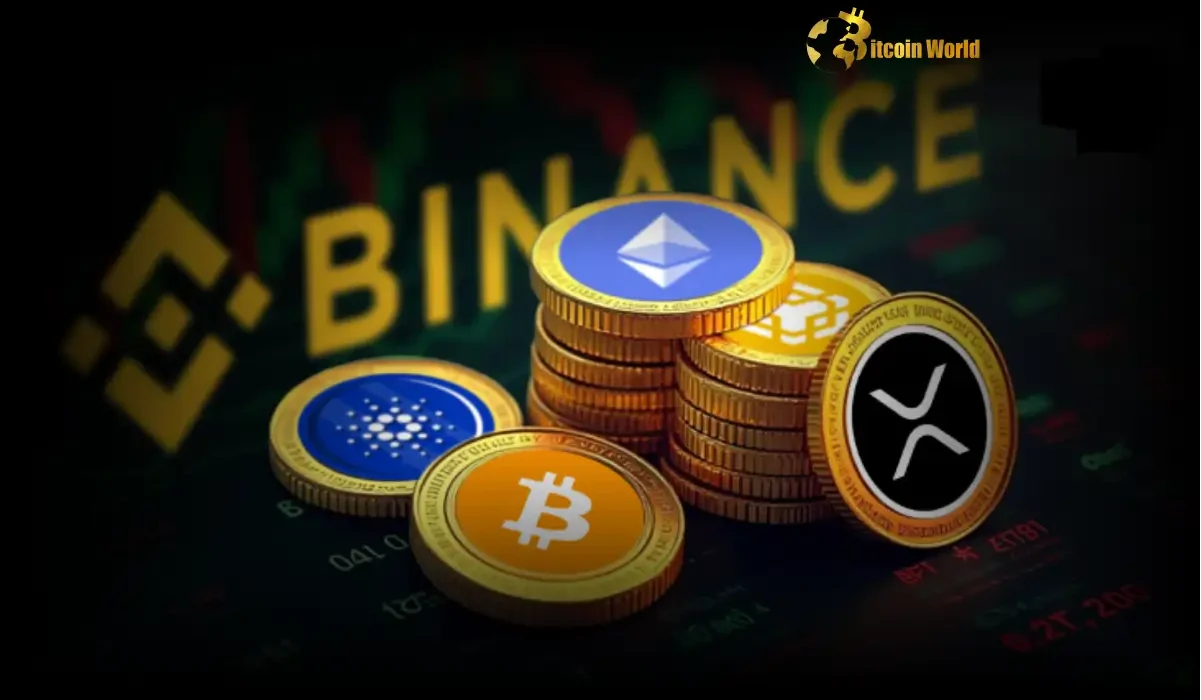The legal battles continue for major cryptocurrency exchanges. In a significant development regarding a long-standing Binance lawsuit in the United States, the exchange has formally requested a federal court to refer a class action case to arbitration. This move highlights the exchange’s strategy in defending itself against serious allegations concerning the sale of unregistered crypto securities.
What is This Class Action Lawsuit All About?
Filed back in April 2020, this specific class action lawsuit accuses Binance of offering and selling various tokens through Initial Coin Offerings (ICOs) that, according to the plaintiffs, should have been registered as securities under U.S. law. The core of the complaint centers on the allegation that Binance facilitated these sales without adhering to the necessary regulatory requirements, potentially exposing investors to significant risks.
Navigating the U.S. legal system has been a complex journey for this case:
- Initial Dismissal (March 2022): A judge initially dismissed the case, partly citing Binance’s lack of a physical headquarters within the U.S. at the time of the transactions.
- Appeal and Overturn (March 2024): The plaintiffs appealed this decision. In March 2024, an appeals court overturned the dismissal, ruling that the case could proceed and that the plaintiffs had sufficiently alleged domestic transactions. This breathed new life into the litigation against the exchange.
Why is Binance Pushing for Crypto Arbitration Now?
Following the appeals court’s decision to revive the case, Binance is now leveraging its user agreements. The exchange has filed a motion asking the New York federal court to compel arbitration for the claims brought by the plaintiffs. Binance argues that its Terms of Use, specifically those effective from February 20, 2019, contain a mandatory arbitration clause and a class-action waiver that should apply to the plaintiffs’ claims.
In its filing, Binance stated, “The Court should hold that Plaintiffs are required to arbitrate claims that accrued after Feb. 20, 2019… and that the class-action waiver in the 2019 Terms of Use is enforceable for all of Plaintiffs’ claims.”
This legal maneuver suggests Binance believes it has a stronger position defending itself in private arbitration proceedings rather than in a public court setting before a jury. Arbitration is often seen as a faster and less public alternative to traditional litigation, though its outcome depends heavily on the specific arbitration agreement and the appointed arbitrator.
What Are the Implications for Binance US and Crypto Regulation?
While this specific lawsuit targets Binance’s operations broadly and predates the full establishment of Binance US as a separate entity, the outcome could have ripple effects. The ongoing debate over which digital assets constitute crypto securities remains central to regulatory challenges faced by exchanges operating in or serving U.S. customers.
The court’s decision on whether to grant Binance’s request for crypto arbitration will be crucial. If arbitration is compelled, the public will have less visibility into the proceedings and arguments. If the court denies the request, the case will continue through the traditional litigation process, potentially leading to discovery and a trial that could shed more light on Binance’s past practices regarding token listings and sales.
This legal battle is a stark reminder of the complex regulatory environment surrounding cryptocurrencies and the significant legal risks exchanges face regarding historical token sales and their classification under existing securities laws.
Summary: Binance’s Strategic Legal Move
Binance is employing a key legal strategy by seeking to move the ongoing U.S. class action lawsuit regarding alleged unregistered crypto securities sales into private arbitration. This move, based on the exchange’s Terms of Use from 2019, aims to avoid public court proceedings and potentially leverage the arbitration agreement’s class-action waiver. The court’s ruling on this request will be a critical next step in this long-running legal challenge, with potential implications for how similar cases against crypto platforms are handled in the future and adding another layer to the broader conversation about Binance US and U.S. crypto regulation.
To learn more about the latest crypto securities and Binance lawsuit trends, explore our articles on key developments shaping the regulatory landscape and exchange legal challenges.
Disclaimer: The information provided is not trading advice, Bitcoinworld.co.in holds no liability for any investments made based on the information provided on this page. We strongly recommend independent research and/or consultation with a qualified professional before making any investment decisions.




